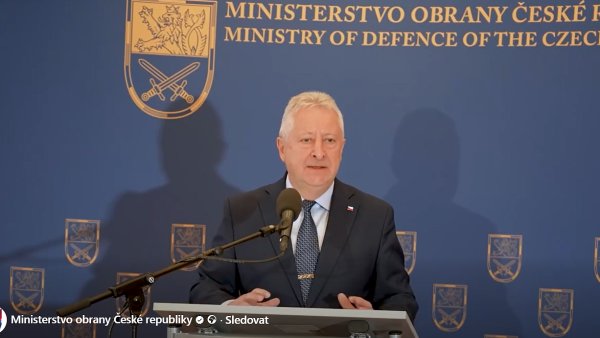Pre-reading task
1 What is the G8?
2 Is your country part of the G8?
3 Which will be the wealthiest countries in the future?
Now read the article and compare your experiences with those outlined in the article.
The future of the G8 by Graham Bradford
Since 1975 leaders of the major industrial democracies have been meeting to discuss the principal economic and industrial issues facing the world. The initial members of the group were France, the United States, Britain, Germany, Japan and Italy. Canada joined in 1976 and Russia, the newest member, joined in 1998. Topics discussed at these meetings include macroeconomic management, international trade, and relations with developing countries. Recently, the threat of terrorism has been added to the list along with microeconomic issues such as employment and access to the internet.
John O'Neill, a global economist at Goldman Sachs in London, predicts that by 2050 only the USA and Japan will still be at the top table of world trade. And the newcomers? Brazil, India and China. In terms of gross domestic product (GDP) China has already overtaken Italy and is now level with the economies of Britain and France.
China's hunger for raw materials has injected huge sums of money into theBrazilian economy. At the moment Brazilis a relatively poor country with a largegap between the rich and poor. If Brazilcontinues to allow globalisation to fueleconomic growth this situation could bedramatically changed. Brazil is alreadyan increasingly powerful advocate forthe developing world in global institutionssuch as the World Trade Organisation,the International Monetary Fund (IMF)and the World Bank.
In the 1780s, before the IndustrialRevolution started in Britain, Chinaand India dominated world trade. Therapidly growing strength of these twoeconomies has led economists topredict that in 40 years' time India andChina will again be among the world'sleading economic powers.
This will lead to a tri-polar world: thecurrent wealthy nations - China, Brazil,Russia and India - and 'others'. Thisredistribution of wealth will lead toa shift in global power as the wealthynewcomers enjoy greater votingrights in organisations such as theWorld Bank and the IMF.
How will the wealthy nations of todayreact to these changes to the mapof global power? Economic growth inIndia, China and Brazil need not resultin economic decline in Europe. Everythingdepends on how these countries adaptto shifting patterns in global wealth.
 Přidejte si Hospodářské noviny
mezi své oblíbené tituly
na Google zprávách.
Přidejte si Hospodářské noviny
mezi své oblíbené tituly
na Google zprávách.
Tento článek máteje zdarma. Když si předplatíte HN, budete moci číst všechny naše články nejen na vašem aktuálním připojení. Vaše předplatné brzy skončí. Předplaťte si HN a můžete i nadále číst všechny naše články. Nyní první 2 měsíce jen za 40 Kč.
- Veškerý obsah HN.cz
- Možnost kdykoliv zrušit
- Odemykejte obsah pro přátele
- Ukládejte si články na později
- Všechny články v audioverzi + playlist





